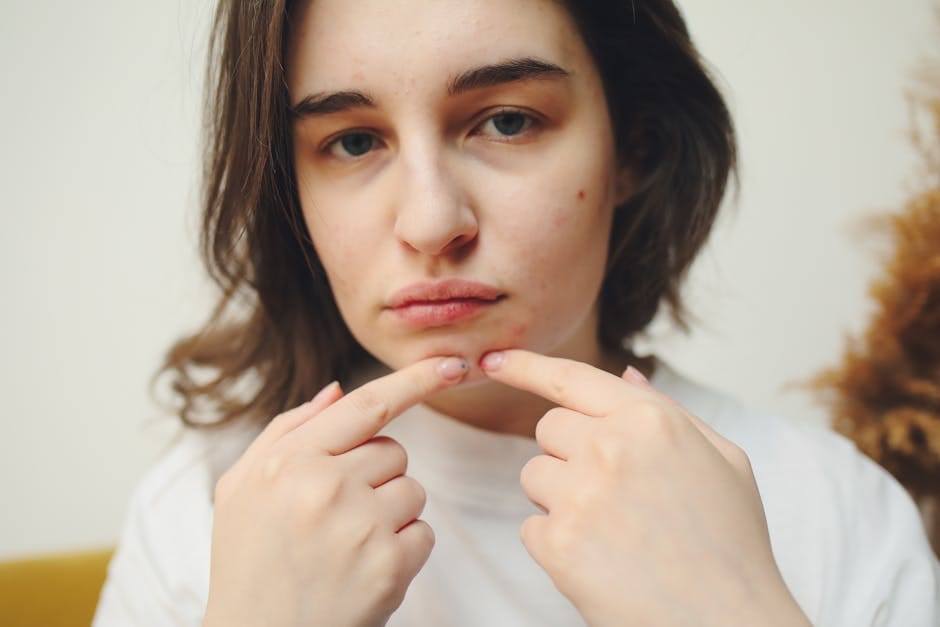Acne. It's the uninvited guest that shows up at the worst possible times. Whether you're a teenager dealing with hormonal breakouts or an adult experiencing occasional pimples, acne can be frustrating and impact your self-confidence. Fortunately, there are numerous treatments available to help you achieve clearer skin. This post will explore some of the most common and effective acne treatments, from over-the-counter options to prescription medications.
One of the first lines of defense against acne is over-the-counter treatments. These are readily available at drugstores and supermarkets and can be effective for mild to moderate acne. Look for products containing benzoyl peroxide, salicylic acid, or retinoids. Benzoyl peroxide kills acne-causing bacteria, while salicylic acid helps to unclog pores. Retinoids, derived from vitamin A, increase skin cell turnover, preventing clogged pores and reducing inflammation.
If over-the-counter treatments aren't providing the desired results, it might be time to consult a dermatologist. A dermatologist can assess your specific skin type and acne severity to recommend a personalized treatment plan. They may prescribe stronger topical medications or oral antibiotics. Topical antibiotics can target acne-causing bacteria, while oral antibiotics can address more widespread or severe acne.
For more stubborn acne, a dermatologist might suggest other prescription medications. Oral contraceptives can help regulate hormones, which can contribute to acne in some women. Isotretinoin, a powerful oral medication, is reserved for severe cystic acne that hasn't responded to other treatments. It's highly effective but requires close monitoring due to potential side effects.
Beyond medications, there are several in-office procedures that dermatologists can perform to treat acne. Chemical peels use a chemical solution to exfoliate the skin, removing dead skin cells and unclogging pores. Microdermabrasion uses a device to exfoliate the skin, improving skin texture and reducing acne scars. Light therapy utilizes different wavelengths of light to target acne-causing bacteria and reduce inflammation.
While seeking professional treatment is crucial, there are also lifestyle changes you can make to support clear skin. Maintaining a consistent skincare routine is essential. This includes cleansing your face twice daily with a gentle cleanser, avoiding harsh scrubbing, and moisturizing regularly. Choose non-comedogenic products, meaning they won't clog your pores.
Diet can also play a role in acne. While the link between diet and acne isn't fully understood, some studies suggest that high-glycemic foods and dairy products may exacerbate acne in certain individuals. Consider limiting these foods and focusing on a balanced diet rich in fruits, vegetables, and whole grains.
Remember, finding the right acne treatment can take time and experimentation. Be patient with the process and consistent with your chosen treatment plan. Don't hesitate to reach out to a dermatologist for guidance and support. With the right approach, you can achieve clearer, healthier skin and boost your confidence.

